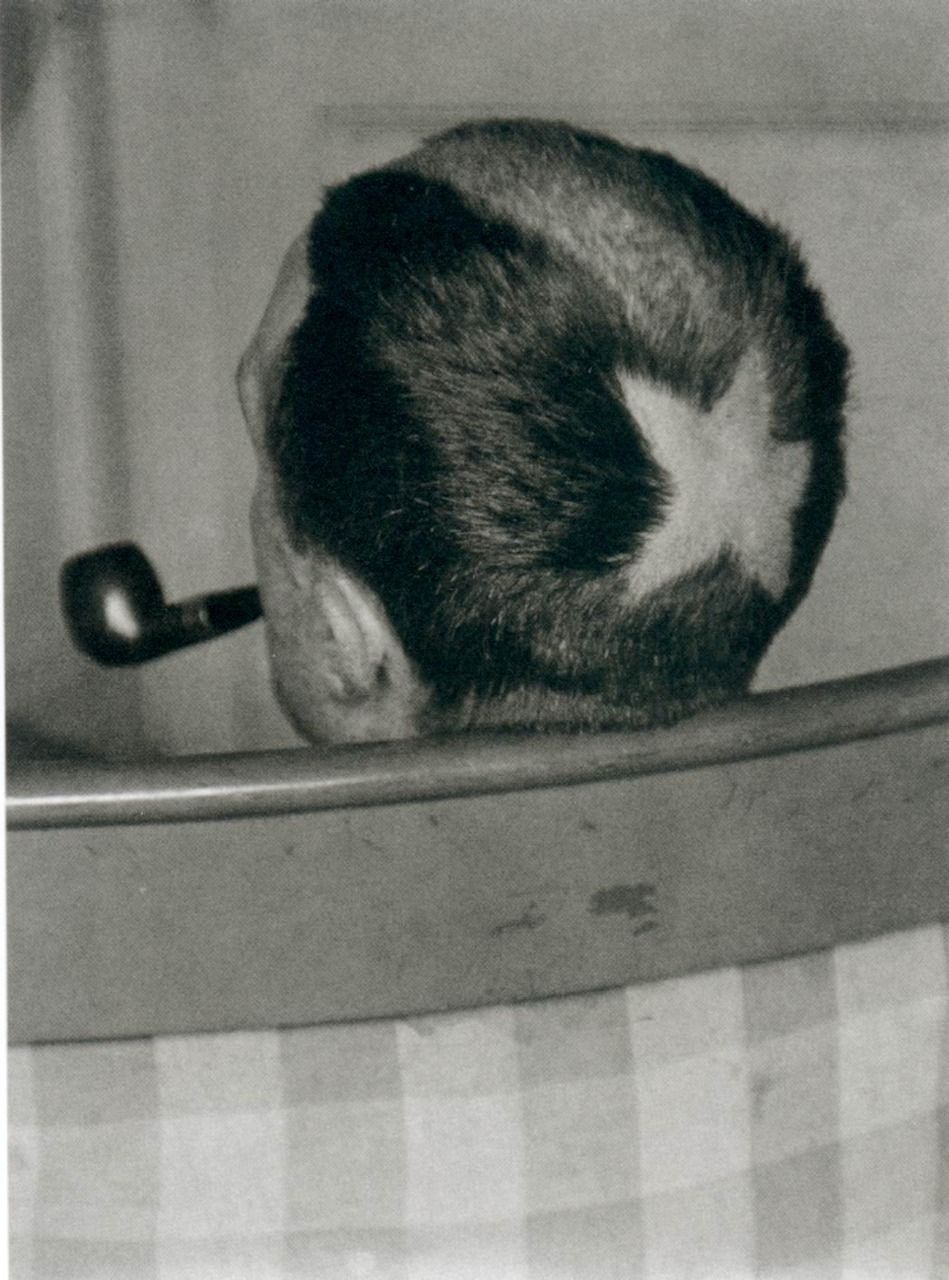"The source is rock, the tongue is severed”*
Word Spacing and the Alphabetisation of Silence
The subject of this research is a revaluation of the conventions of word spacing – or the space between words – as well as the rhythm and directionality of reading and writing that these conventions imply. In typography, word spacing shows the unspoken aspect of speech, a canon introduced in order to make speech’s continuous flow intelligible as distinct units. On another level, word spacing also signifies where we, as readers, position ourselves within a given flow of information. The introduction of word spacing went hand in hand with the birth of silent reading: it transformed the sentence from a linear document of speech – a score to be performed out loud – to an equation to be solved logically.
Should we still accept word spacing as a univocal convention, in a contemporary context which sees a continuous re-envisioning of forms of literacy through various transcultural and technological mediations? What constitutes a ‘distinct unit’ today, given that both language, speech and bodies are processed through a variety of optical media? Can we, by tracing a yet unavowed history of word spacing, come to challenge the hegemony of this conventions and outline new approaches and pedagogies, proposing new ways of reading, writing, teaching and learning?
*
Feuillets d’Hypnos, René Char, 1946
(Image: Our inheritance was left to us by no testament, a set of inscribed chamotte earthenware plaques, 2021)






